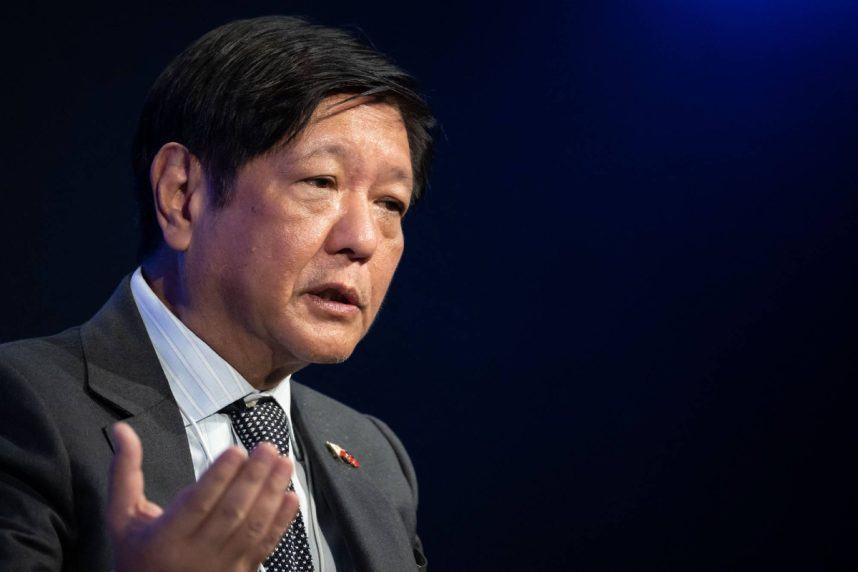Posted on: October 25, 2023, 12:07h.
Last updated on: October 25, 2023, 12:08h.
Philippines President Ferdinand “Bongbong” Marcos Jr. is determined to remove his country from the international grey list of jurisdictions that are reportedly failing to prevent money laundering and terrorism financing activities.

The Financial Action Task Force (FATF) serves as the global watchdog for money laundering and terrorist financing in the world of sports betting. Established in 1989 and headquartered in Paris, the FATF sets international standards aimed at preventing illegal activities and their detrimental effects on the industry.
The FATF was formed by the Group of Seven, consisting of the US, Canada, France, Germany, Italy, Japan, and the European Union. Over 200 countries have pledged to adhere to the FATF’s guidelines on money laundering and terrorism financing, but the Philippines is not currently one of them.
In June, the FATF included the Philippines on its “Increased Monitoring” list. Countries on this list are encouraged to rectify any strategic deficiencies in their efforts to combat money laundering, terrorist financing, and proliferation of financing.
When a country is placed under increased monitoring, it signals that the nation has agreed to promptly address any identified deficiencies. This list is commonly referred to as the FATF “grey list.”
PAGCOR Instructions
President Marcos has instructed 44 government agencies, including the Philippine Amusement and Gaming Corporation (PAGCOR), to take action and implement FATF recommendations to enhance scrutiny of large financial transactions. PAGCOR is responsible for regulating commercial casinos in Manila and the country’s designated freeport zones, as well as overseeing Casino Filipino venues across Southeast Asia.
President Marcos has directed PAGCOR and other government agencies, such as the bureaus of customers and immigration, the Philippine National Police, and the Department of Finance, to participate in the Philippines’ Money Laundering/Terrorism Financing National Risk Assessment (ML/TF NRA).
Each agency must designate a high-ranking member with technical knowledge and operational experience to represent them in the ML/TF NRA, fully authorized to make decisions on their behalf, as stated in President Marcos’ Memorandum Curriculum.
The Philippines’ Anti-Money Laundering Council will lead the ML/TF NRA.
Casino Used Before
One notable case involving the use of a casino in the Philippines for illicit money transfers took place in 2016, when North Korean hackers allegedly withdrew $81 million from the Bangladesh Bank’s account at the US Federal Reserve Bank in Manhattan.
The $81 million in illegal transactions were funneled through an account with the Rizal Commercial Banking Corporation in the Philippines and reportedly laundered through various facilities, including Bloomberry Resorts’ Solaire Resort Casino in Manila’s Entertainment City.
Bangladesh, seeking to recover the $81 million, has filed a lawsuit against RCBC for their lack of due diligence in knowing their customer. The case is currently in the New York Supreme Court, which ruled that it lacks jurisdiction over Bloomberry due to the company’s lack of involvement in the international fund transfers.
The hackers attempted to withdraw nearly $1 billion before their scheme was detected by a Federal Reserve official who noticed a misspelling in one of the entities involved. Bangladesh officials confirmed that they did not initiate the transfers.


